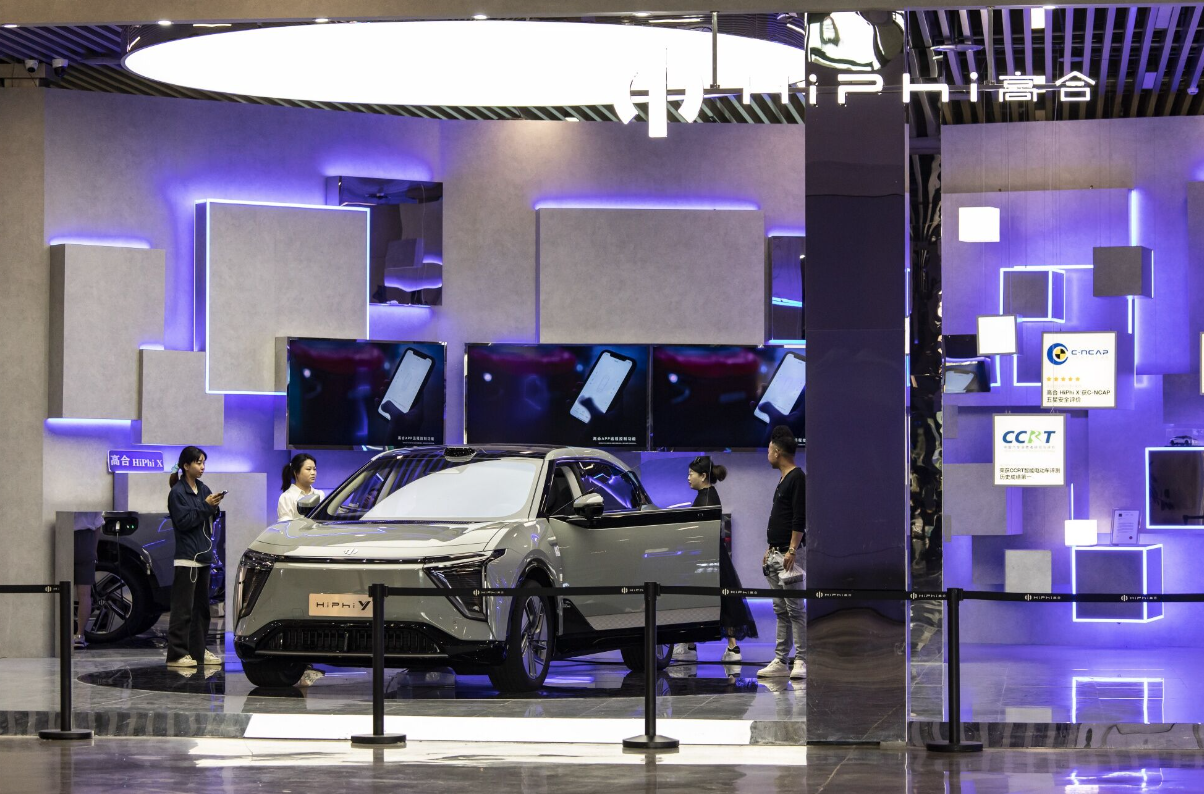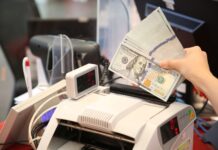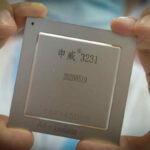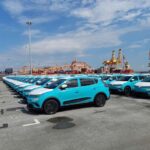For decades, foreign automakers dominated China’s automotive market. But, according to CNN, this golden era is now coming to an end.
The rapid rise of domestic Chinese electric vehicle (EV) manufacturers, such as BYD and Xpeng (XPEV), is disrupting the planet’s largest automotive market. Many established automakers are suffering as a result, including Volkswagen, which may have to close its factories in Germany for the first time in history to cut costs.
The German automotive giant has seen its vehicle deliveries in China drop by over 25% compared to three years ago. Last year, due to BYD, the company also officially lost its title as China’s best-selling automotive brand—a title it had held since at least 2000.
Volkswagen is not the only company struggling. Ford and General Motors (GM) are also among those witnessing disappearing sales and market share in China as local consumers are increasingly less enthused by foreign automotive brands. According to data from the China Passenger Car Association (CPCA), in July, the market share of foreign automakers in China dropped from 53% two years ago to 33%.
The profits of automotive manufacturers in China are also under pressure. In the second quarter, the income from Toyota’s joint ventures in China plummeted by 73% compared to the previous year, according to the company’s financial report. GM’s joint ventures in China also recorded consecutive quarterly losses.
“Very few people are making money in China,” said CEO Mary Barra. “This is not sustainable, as the number of loss-making companies cannot continue to increase indefinitely. When you engage in a price war, it really is a race to the bottom.”
China’s brutal and prolonged EV price war has taken a toll on some domestic automakers. Many foreign brands have also had to restructure or shut down once-thriving operations.
In October, Japan’s Mitsubishi Motors announced it would cease car production at its Chinese joint venture after years of declining sales. Honda, Hyundai, and Ford have also had to lay off workers and close factories to cut costs.
“The glory days in China are over,” said Michael Dunne, CEO of Dunne Insights, a consulting firm focused on electric vehicles.

For global automakers, this sudden shift comes after about two decades of continuous growth in sales and profits in China, starting in the early 2000s. Volkswagen and GM, who had been operating in the country for many years, had the opportunity to enjoy a string of sweet successes.
Even after the Chinese government began pouring money into local battery and EV manufacturers in the mid-2010s as part of its Made in China 2025 strategy, foreign automakers continued to gain market share.
Then, Tesla arrived. In December 2019, the first Made-in-China Model 3 rolled off the production line in Shanghai. Everything changed after that.
“Tesla’s production of the Model 3 in Shanghai changed consumers’ perceptions of electric vehicles,” said an expert, adding that Tesla created a “halo effect” for Chinese EV manufacturers such as BYD, Neo, and Li Auto.
The International Energy Agency predicts that sales of battery-powered EVs and plug-in hybrids in China will reach 10 million this year, accounting for nearly half of the country’s automotive sales, up from just 1.1 million four years ago. This generational shift has benefited Chinese brands.
“In the 1990s and 2000s, it was mostly the parents who were buying cars, and they didn’t trust any Chinese brands,” said Tu Le, CEO of Sino Auto Insights, a consulting firm. “The current market is mostly their children… They grew up shopping on Alibaba, shopping on JD.com, using WeChat.”
Post-COVID-19, foreign brands realized how far they had fallen behind in terms of software, production speed, battery technology, and supply chain control. Last year, BYD sold a record 3.02 million vehicles globally, including plug-in hybrids, up 62% from 2022. In comparison, Volkswagen delivered just 1.02 million electric and plug-in hybrid vehicles.
“Global automakers were lulled into complacency after years of victory. Almost every brand was shocked to see their market share disappear,” Michael Dunne observed.
UBS forecasts that by 2030, Chinese automakers could see their market share in the global EV market double to about one-third, with European companies suffering the biggest loss in market share.
The threat to Europe’s and North America’s longstanding automotive industries has triggered a wave of increased tariffs on Chinese-made EVs. It is unclear if higher import duties will be enough to stop the onslaught of Made-in-China vehicles.
Back in China—a market too big to abandon. It is still rapidly becoming the global hub for EV manufacturing and exports, where relationships with local partners are crucial.
Last year, Volkswagen bought a 5% stake in Xpeng for $700 million and agreed to a strategic partnership. A few months later, Stellantis, the maker of Citroen, Fiat, and Peugeot cars, also bought a 20% stake in Chinese EV maker Leapmotor for about €1.5 billion ($1.7 billion).
“The new center of the global automotive industry is China,” Dunne said. “People are still trying to figure out the answer to the question: How do we compete with the Chinese?”
According to CNN
Spending More Than the US and South Korea Combined: China’s Buying Spree of a ‘Game-Changing’ Commodity in the Semiconductor Industry
In a bid to bolster its domestic chip supply chain, China is estimated to have spent a whopping $25 billion in the first half of 2024. This substantial investment underscores the country’s commitment to fostering self-reliance in the semiconductor industry and reducing its dependence on foreign suppliers.
Unveiling the Deceit: Capturing Two Foreigners Impersonating Bank Officials to Defraud Victims of their Assets
Two foreign nationals posed as bank employees, phoning and requesting confidential information. They then fraudulently obtained and used Mr. T.’s credit card details.









































